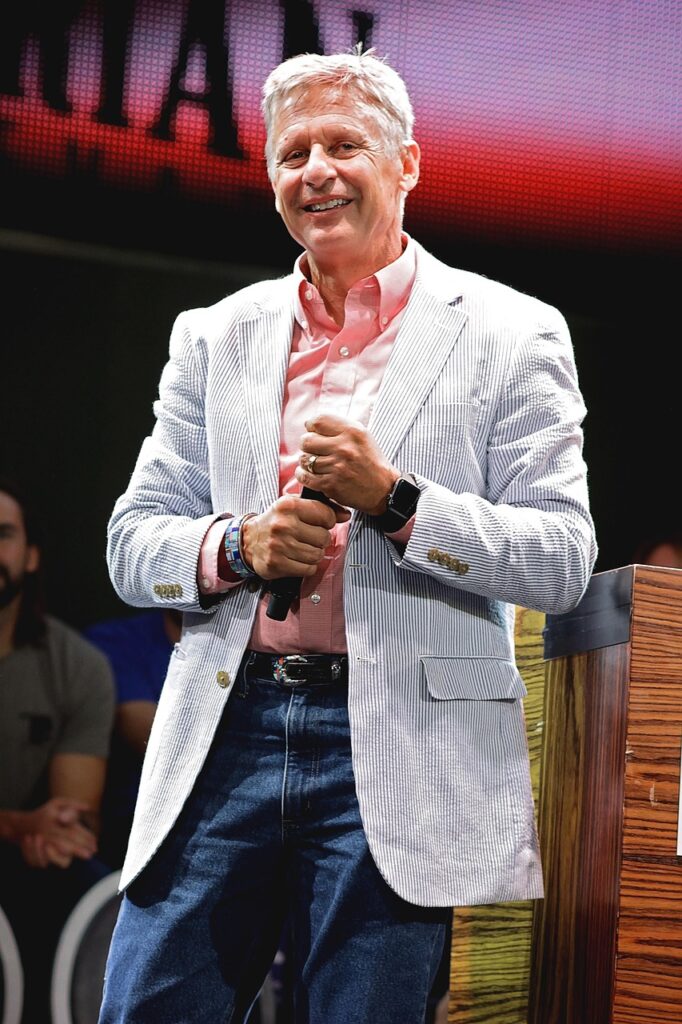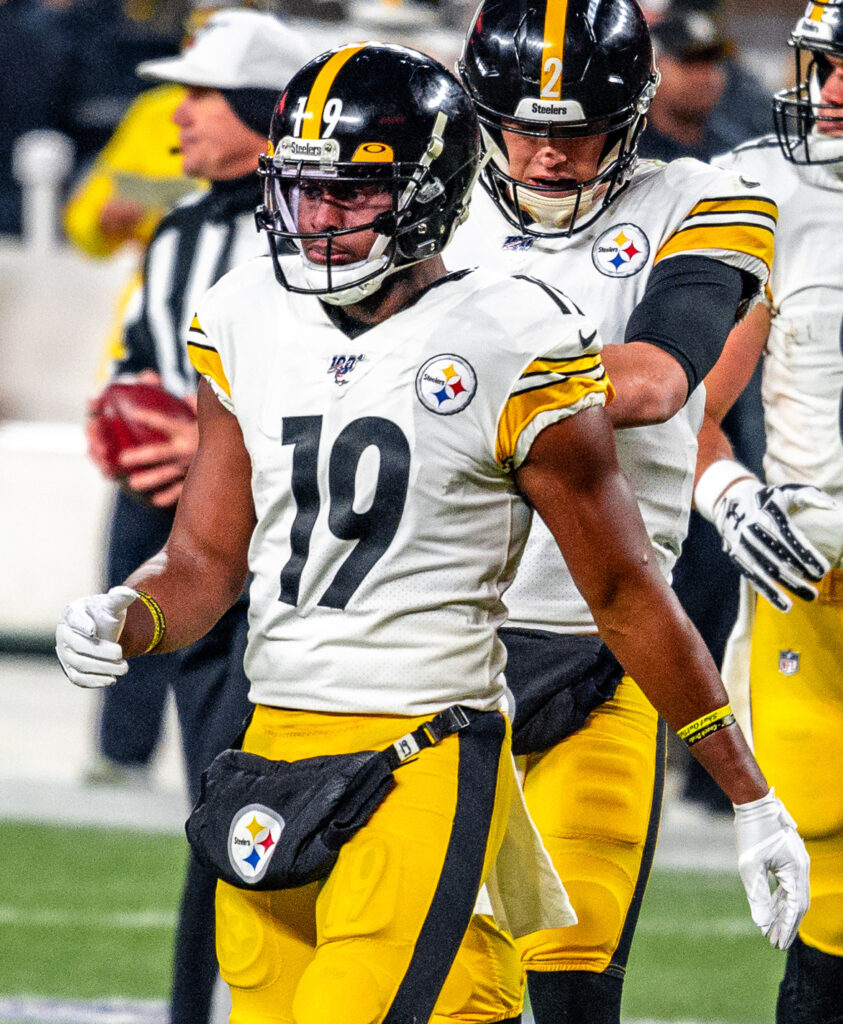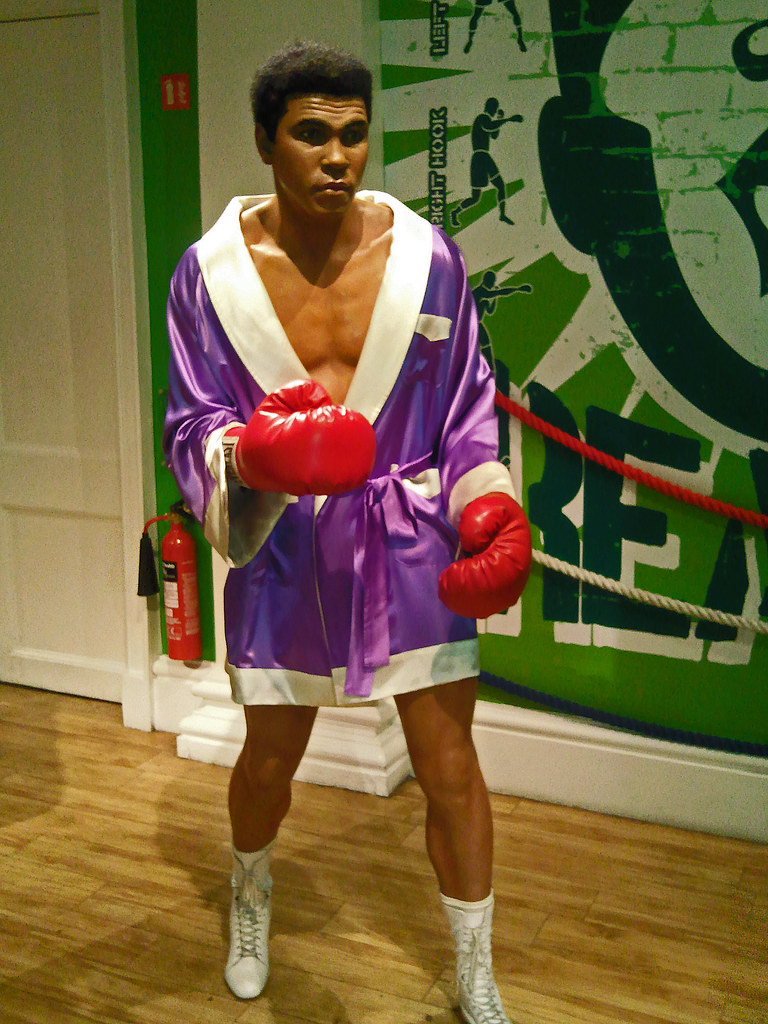
Davey Johnson’s passing at 82 marks the end of an era for many in baseball, particularly for fans of the New York Mets and Baltimore Orioles. He was a figure of immense significance, a man whose career spanned decades and left an indelible mark on multiple franchises, both as an All-Star player and, most famously, as the World Series-winning manager of the iconic 1986 Mets. His death, confirmed by longtime Mets public relations representative Jay Horwitz, brought forth an outpouring of tributes, underscoring the deep respect and affection held for him across the sport.
“We are deeply saddened to learn of the passing of Davey Johnson,” Mets owners Steve & Alex Cohen stated, highlighting his enduring legacy. His 595 wins remain the most in franchise history, a testament to his profound influence during a pivotal period for the team. Johnson led with a “quiet confidence and unwavering belief in his team, always caring deeply for his players both on and off the field,” a philosophy that defined his leadership.
Indeed, Johnson’s journey through baseball was one characterized by both strategic brilliance and a fiercely independent spirit. From his days as a slick-fielding second baseman winning World Series titles with the Orioles to becoming one of the game’s premier skippers of the 1980s and ’90s, Johnson continually challenged conventional wisdom. His impact was not merely in the wins and championships, but in the way he empowered his players and innovated the game, leaving behind a legacy that continues to shape modern baseball thought.

1. **A Distinguished Playing Career: Orioles & World Series Titles**Before he became a celebrated manager, Davey Johnson carved out a notable 13-year career as an All-Star second baseman, primarily with the Baltimore Orioles. He made his MLB debut in 1965 and quickly established himself as a key component of one of baseball’s most dominant teams in the late 1960s and early ’70s. Johnson’s prowess on the field was recognized with three Gold Glove awards, cementing his reputation as a slick-fielding infielder whose defensive skills were as valuable as any offensive output.
During his tenure with the Orioles, Johnson was an integral part of two World Series championship teams, contributing to Baltimore’s victories in 1966 and again in 1970. His 1966 World Series appearance included the distinction of getting the final hit off legendary pitcher Sandy Koufax – a single in Game 3 – before Koufax famously retired. These early experiences ingrained in Johnson a deep understanding of what it took to build and sustain a winning culture, lessons he would later apply with remarkable success as a manager.
Beyond the championships, Johnson’s time in Baltimore saw him make three All-Star teams. His best offensive season with the Orioles came in 1970, where he batted .282 with 18 home runs and 72 runs batted in, further propelling the Orioles to a third straight AL pennant. His playing career laid a foundational understanding of team dynamics, player performance, and the mental fortitude required for success at the highest level, all of which would inform his later managerial style.
2. **Atlanta Braves: The 43-Homer Season and Historical Trio**Following his successful run with the Orioles, Davey Johnson’s career took an unexpected turn that would yield one of his most remarkable individual seasons. In November 1972, he was sent to Atlanta as part of a six-player trade. What followed in his first season with the Braves was a statistical anomaly that etched his name into baseball history, particularly for a second baseman.
In 1973, Johnson slugged a career-high 43 home runs, a staggering feat considering he had never hit more than 18 in any previous season and would never top 15 after that. This power surge not only set a new single-season record for home runs by a second baseman but also made him part of an elite trio. Johnson, alongside Henry Aaron (40 home runs) and Darrell Evans (41 home runs), became the first trio of teammates in major league history to each hit 40 or more homers in a single season.
This extraordinary season was a highlight of Johnson’s playing days and provided a unique insight into his adaptability and potential when surrounded by elite talent. “It was the greatest thing that ever happened to me in baseball,” Johnson reflected on the trade, “and the big reason was joining Aaron. He helped make me a better hitter.” This experience undoubtedly shaped his belief in empowering players and leveraging individual strengths, a principle that would later become a hallmark of his managerial approach. He also spent two years in Japan with the Tokyo Giants, making him the first non-Japanese player to suit up for the NPB team from 1975-76.
3. **The Managerial Spark: Taking the Reins of the New York Mets**Davey Johnson’s transition to management began with a return to the New York Mets organization, albeit in the Triple-A affiliate in Tidewater, Virginia. This period allowed him to hone his leadership skills and observe burgeoning talent, preparing him for the significant challenge ahead. When he was tapped to helm the big league club in 1984, he inherited a team that had won a mere 68 games the previous season, a franchise yearning for a return to its glory days, not having won a pennant since 1973.
Johnson’s arrival in 1984 marked an immediate and dramatic turnaround for the Mets. The team went on to win 90 games in his inaugural season, a remarkable improvement spurred by the infusion of young talent and Johnson’s astute guidance. The “arrival of 19-year-old Dwight Gooden, who would win 17 games in his rookie season and the continued blossoming of 22-year-old Darryl Strawberry” were pivotal in this resurgence. Johnson’s willingness to trust and promote young players, believing “their energy made a difference over long seasons,” proved to be a masterstroke.
This initial success was not a fluke; it was the beginning of an unprecedented run. Under Johnson’s leadership, the Mets became a perennial winner, a “swaggering, character-filled” team that epitomized the late ’80s. He became “the first National League manager to win at least 90 games in each of his first five seasons,” a testament to his ability to consistently extract high performance from his roster. This formative period with the Mets laid the groundwork for his most famous triumph, cementing his status as a managerial force to be reckoned with.

4. **The Legendary 1986 Mets Championship: A Defining Moment**The pinnacle of Davey Johnson’s managerial career undeniably arrived with the 1986 New York Mets. This team, under Johnson’s guiding hand, wasn’t just good; it was a phenomenon, amassing an astounding 108 regular-season victories, a record no team would surpass from 1976-97. This powerhouse squad, featuring stars like Darryl Strawberry, Keith Hernandez, Dwight Gooden, and Gary Carter, was built on a foundation of youthful exuberance, veteran leadership, and a manager who allowed them to flourish.
The journey to the championship was as dramatic as the team itself. After edging out the Houston Astros in the National League Championship Series, the Mets faced the Boston Red Sox in an epic seven-game World Series. The series culminated in the unforgettable Game 6, where the Mets mounted an implausible comeback from the brink of defeat. As the winning run scored, “the New York Mets melted into a white-and-blue swirl near home plate, celebrating their implausible comeback,” with Johnson “right in the middle of all that humanity,” arriving before many of his players.
This championship was not just a title; it was a cultural moment, defining an era of baseball with its “brashness, belligerence and unapologetic brilliance.” Strawberry vividly recalled Johnson’s prophetic words before that season: “I don’t have a whole lot to say. We’re going to win it all, and we’re going to dominate.” And indeed, they did. The 1986 World Series victory, Johnson’s third overall title (two as a player), cemented his legacy as a manager who could not only win but could inspire a team to transcend expectations, navigating a “famously rowdy group to a title.”

5. **An Innovative Baseball Mind: Ahead of His Time with Data**Long before modern sabermetrics and data-driven analysis became commonplace in baseball, Davey Johnson was already a keen strategist with a thirst for information. His intellectual curiosity was rooted in his academic pursuits; he held a mathematics degree from Trinity University and, notably, took graduate courses in computer science at Johns Hopkins University while playing for the Orioles in 1969. This educational background fueled his pioneering approach to understanding the game.
Johnson was among the game’s first to truly harness the power of computers for baseball insights. In a now-famous anecdote from 1969, he devised a program to optimize the Orioles’ batting order. “I found out that if I hit second instead of seventh, we’d score 50 or 60 more runs and that would translate into a few more wins,” Johnson recounted. Although Hall of Fame manager Earl Weaver famously dismissed his findings, reportedly sending the data “right into the garbage can,” Johnson’s foresight was undeniable, showcasing a mind operating decades ahead of its time.
His strategic depth wasn’t limited to batting orders. Jim Palmer, his former Orioles teammate, recalled a moment where Johnson presented a befuddled Dave McNally with the concept of “variable chance deviation theory” to improve his pitching. This anecdote highlights Johnson’s innate ability to translate complex mathematical principles into practical baseball applications, predating the analytical revolution that now dominates the sport. “He was a precursor to modern-day analytics and pitching theory,” Palmer observed, underscoring Johnson’s profound contribution to the intellectual evolution of baseball.
6. **His Unique Player Management Philosophy: “I Treated My Players Like Men”**Davey Johnson’s managerial style was as distinctive as his analytical mind, built upon a foundational belief in empowering his players. He fostered an environment where individual expression was encouraged, famously stating, “I treated my players like men. As long as they won for me on the field, I didn’t give a flying **** what they did otherwise.” This laissez-faire approach, while sometimes clashing with management, endeared him to his players and allowed a high-character team like the 1986 Mets to thrive.
Darryl Strawberry, a key figure on that legendary Mets squad, affirmed this philosophy: “Davey Johnson was the greatest manager I ever played for. He let us do our own thing.” This trust was reciprocal; Johnson believed in his players, and they, in turn, performed for him. He was a manager who “would never throw you under the bus,” fostering a fierce loyalty and camaraderie within his teams. This belief in his players extended to his willingness to promote and nurture young talent, seeing their energy as a vital asset over long seasons.
David Cone, a pitcher for Johnson’s Mets, remembered how Johnson balanced confidence with humor. After a disastrous first start, Johnson not only reassured Cone but also humorously encouraged Wally Backman to put a softball in his chair, teaching him to “get over bad games.” This unique blend of support, accountability, and a hands-off approach allowed diverse personalities and immense talent to coexist and succeed. “His ability to empower players to express themselves while maintaining a strong commitment to excellence was truly inspiring,” Strawberry posted, perfectly encapsulating Johnson’s impactful and much-loved leadership style.

7. **Continuing the Legacy: A Managerial Journey Across Four Franchises**After his impactful, albeit contentious, departure from the New York Mets in 1990, Davey Johnson embarked on a remarkable “journeyman phase” of his managerial career. He possessed a unique talent for inheriting promising young clubs and swiftly transforming them into winners, a testament to his innate ability to assess talent, implement effective strategies, and instill a winning mentality. His post-Mets path saw him lead four other major league franchises, consistently defying expectations and proving his mettle as one of baseball’s astute skippers.
Johnson first took the helm of the Cincinnati Reds 44 games into the 1993 season. Under his guidance, the Reds rapidly became a first-place club in the strike-shortened 1994, then secured the division title in 1995. This tenure, despite its unusual ending due to owner Marge Schott preparing a replacement, showcased Johnson’s capacity to build competitive teams even amidst challenging circumstances.
His return to Baltimore in 1996 to manage the Orioles was a homecoming. Johnson swiftly made an impact, leading the Orioles to their first postseason berth in 13 years in his inaugural season. The 1997 season saw the Orioles capture the AL’s best record. He also skillfully navigated the sensitive transition of future Hall of Famer Cal Ripken Jr. from shortstop to third base, a testament to Johnson’s influence and strategic foresight.
Johnson’s journey concluded with the Los Angeles Dodgers (1999-2000) and the Washington Nationals (2011-13). With Washington, he notably steered the franchise to its first postseason appearance in 2012, guiding them to the best record in baseball (98-64) that year. This consistent track record across multiple teams underscores Johnson’s profound baseball acumen, his impact on player development, and his ability to elevate struggling franchises.

8. **A Career of Distinction: Manager of the Year and Enduring Excellence**Davey Johnson’s managerial prowess was not only evident in his teams’ on-field success but also formally recognized through multiple prestigious awards. He earned Manager of the Year honors twice, first with the Baltimore Orioles in 1997 and then again in the National League with the Washington Nationals in 2012. These accolades underscore his remarkable ability to orchestrate winning seasons across different leagues and eras, guiding diverse rosters to peak performance.
His career managing statistics paint a clear picture of sustained excellence. Over 17 seasons, Johnson compiled an impressive record of 1,372 wins against 1,071 losses, placing him more than 300 games over .500. This achievement puts him in an exclusive club, as he remains one of only 15 big league skippers to retire with a record at least 300 games above .500. Such a sustained winning percentage speaks volumes about his consistency and strategic genius.
Furthermore, Johnson’s .562 career winning percentage ranks him among the all-time greats. He holds the 10th spot among managers with at least 1,000 victories, and impressively, he stands as the sixth highest among managers with at least 1,300 wins. This statistical benchmark firmly places him alongside baseball’s most successful field generals, a testament to his deep understanding of the game and his unwavering commitment to competitive success.

9. **Representing the Nation: Johnson’s Contributions to Team USA**Beyond his profound impact on Major League Baseball, Davey Johnson also extended his vast experience and strategic insights to the international stage, serving as manager for Team USA on multiple occasions. His willingness to lead the national squad reflected his deep commitment to the sport globally and his desire to contribute to baseball’s worldwide presence. These international stints presented unique challenges and opportunities, showcasing his adaptability as a leader.
Johnson first managed Team USA in the 2005 Baseball World Cup, finishing seventh. This experience, while not yielding the desired outcome, was an important learning curve, highlighting the unique dynamics and competitive landscape of international tournaments.
His subsequent opportunities with Team USA brought more successful results. In 2008, Johnson led the American squad to a bronze medal at the Summer Olympics. He continued his international involvement by managing Team USA in the 2009 World Baseball Classic, securing a fourth-place finish. These experiences underline Johnson’s broad influence, extending his legacy beyond professional club management to national representation.
10. **Navigating the Minefield: Johnson’s Challenges with Front Offices**Davey Johnson’s player-centric managerial philosophy, while fostering team success and loyalty, frequently put him at odds with various front offices and owners. His independent spirit and belief in empowering players often clashed with more traditional, top-down approaches, leading to high-profile disputes and departures from successful teams. These clashes highlight the inherent tension between a manager’s autonomy and organizational control.
His initial dismissal from the Mets in 1990 directly resulted from a simmering feud with general manager Frank Cashen. Despite unparalleled success, Johnson’s laissez-faire approach and the team’s “traveling frat party” image were not well-received. Cashen, seeking a “new direction,” replaced him, underscoring organizational discomfort with Johnson’s free-wheeling style.
Johnson’s tenure in Cincinnati with the Reds also ended unusually, marred by friction with owner Marge Schott. Despite guiding Cincinnati to a division title in 1995, he was a “lame duck” from the start, with Schott reportedly preparing a replacement. This illustrates how Johnson’s effective methods could be perceived as disruptive by ownership, leading to premature exits.
Perhaps his most public clash came during his second stint with the Baltimore Orioles. After leading the team to its best record in the AL in 1997 and winning Manager of the Year, Johnson resigned just hours later. This dramatic exit was the culmination of an ongoing feud with owner Peter Angelos. Even his final managerial role with the Washington Nationals concluded with him being “pushed into retirement by the club’s leadership,” despite a 2012 division title.
11. **A Player’s Manager: Inspiring Loyalty and Nurturing Talent**Davey Johnson’s most enduring legacy, perhaps even more than his championships and innovative strategies, lies in the profound impact he had on the players he managed. He cultivated an environment built on trust, respect, and empowerment, earning him deep loyalty and affection from his rosters. This unique approach allowed individual personalities to flourish, fostering camaraderie that translated directly into on-field success. His philosophy, “I treated my players like men,” resonated deeply, creating a space where athletes felt valued and understood.
Darryl Strawberry, a key figure in the 1986 Mets, emphatically stated, “Davey Johnson was the greatest manager I ever played for. He let us do our own thing.” This sentiment was echoed by many, who appreciated Johnson’s unwavering support, knowing he “would never throw you under the bus.” His ability to “empower players to express themselves while maintaining a strong commitment to excellence was truly inspiring,” as Strawberry posted. This trust was reciprocal; Johnson believed in his players, and they, in turn, performed for him.
Johnson was particularly adept at nurturing young talent, recognizing their energy as a vital asset. David Cone, a pitcher for Johnson’s Mets, recalled a disastrous first start where Johnson offered reassurance and used humor to teach him to “get over bad games.” This blend of support and playful accountability was crucial for developing confidence. Mike Bordick, Baltimore’s shortstop in 1997, noted that Johnson “was so easy to play for. He just knew the right buttons to push.”
Ryan Zimmerman, who played under Johnson with Washington, stated Johnson “was an even better human than he was a baseball man,” and that his own career “would not have been the same without my years with him.” These heartfelt testimonials underscore Johnson’s extraordinary ability to connect with players, instill confidence, and guide them to both individual and collective greatness, leaving an indelible mark.

12. **An Unforgettable Footprint: Statistical Greatness and Cultural Resonance**Davey Johnson’s career left an indelible mark on baseball, both through impressive statistical achievements and a cultural impact that resonated far beyond the diamond. His managerial record alone places him in an elite class, but his contributions to the strategic evolution of the game, particularly his pioneering use of data, established a legacy that continues to influence modern baseball thought. He was a manager who didn’t just win; he reshaped perceptions and pushed boundaries.
Statistically, Johnson’s managerial acumen is undeniable. His .562 career winning percentage stands among the sport’s all-time greats, ranking 10th among managers with at least 1,000 victories and sixth among those with at least 1,300 wins. This level of consistent success over 17 seasons and across five franchises is a testament to his tactical brilliance. He and his former manager Earl Weaver are unique in being the only two men on that prestigious list who began managerial careers after 1960, highlighting his enduring relevance.
Culturally, Johnson’s 1986 New York Mets became an iconic representation of an era. The team, with its “brashness, belligerence and unapologetic brilliance,” under Johnson’s hand, wasn’t just a championship squad; it was a phenomenon that captivated a city and defined a generation of baseball. Their improbable comeback in Game 6 of the World Series is etched into baseball lore. Darryl Strawberry even believes the ’86 Mets were better than the 1998 Yankees, illustrating the profound cultural impact of Johnson’s greatest triumph.
Beyond the wins, Johnson was a true visionary in baseball analytics. His background with a mathematics degree and graduate courses in computer science fueled an intellectual curiosity that predated modern sabermetrics by decades. His 1969 program to optimize the Orioles’ batting order, though famously dismissed by Earl Weaver, was groundbreaking. Jim Palmer noted Johnson was a “precursor to modern-day analytics and pitching theory,” recalling how Johnson introduced concepts like “variable chance deviation theory” to perplexed pitchers. This foresight in harnessing data for baseball insights cements his legacy as a thinker ahead of his time.
13. **The Unforeseen Circle: The Irony of the 1969 World Series**Davey Johnson’s illustrious career is punctuated by a remarkable twist of fate, an ironic moment that inextricably links him to the very franchise he would later lead to glory. Before he became the World Series-winning manager of the New York Mets, Johnson found himself on the opposing side in one of baseball’s most improbable championships, making the final out against the “Miracle Mets” of 1969. This deeply personal experience adds a unique layer to his narrative, showcasing the unpredictable tapestry of baseball history.
On that fateful October afternoon in 1969, Johnson was a slick-fielding second baseman for the heavily favored Baltimore Orioles. As the Mets, against all odds, closed in on their first world championship, it was Johnson who hit a fly ball “just in front of the warning track in left field.” This ball was caught by a “genuflecting Cleon Jones,” sealing the Mets’ victory and setting off a “raucous celebration” at Shea Stadium. For Johnson, it was a moment of profound defeat, one he never truly forgot.
“I’m still flabbergasted we lost,” Johnson reflected on that 1969 World Series, musing on how “destiny made all sorts of funky things happen.” To come full circle 17 seasons later, guiding the very franchise that had defeated him to its second and most recent World Series title in 1986, is a testament to the sport’s rich and often poetic narratives. This poignant irony underscores Johnson’s deep connection to the Mets, from being the final out in their first championship to orchestrating their second, cementing his unparalleled contribution to the Mets’ storied legacy.
Davey Johnson’s passing leaves a void in the baseball world, but his legacy shines brightly, illuminating a career marked by relentless problem-solving, a profound belief in his players, and an unwavering commitment to excellence. From his days as a Gold Glove-winning infielder and World Series champion with the Orioles to his record-setting power surge with the Braves, Johnson consistently pushed the boundaries. Yet, it was in the dugout, particularly with the 1986 Mets, that he truly became a legend, blending an innovative, data-driven mind with a “players-first” philosophy. He navigated complex personalities and front-office challenges with stubborn determination, leaving behind a winning percentage that speaks for itself and a generation of players who considered him the greatest manager they ever played for. Johnson’s story is one of a true baseball man, a thinker and a leader whose impact on the game will be remembered and celebrated for generations to come.









